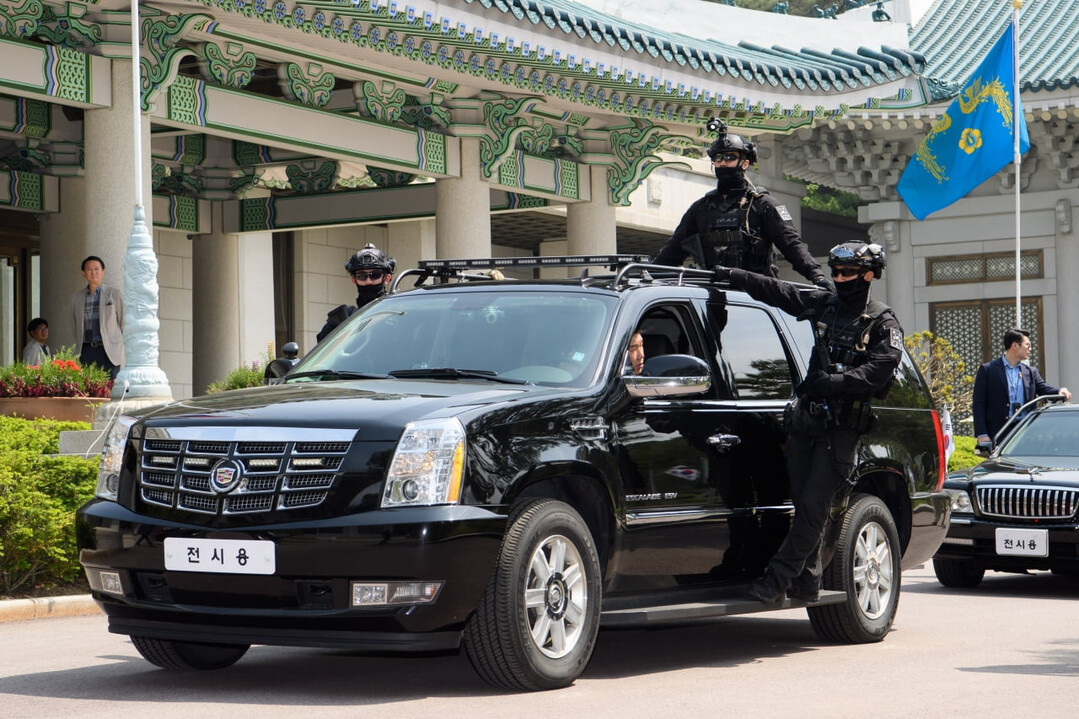
A heated debate is raging in South Korea over the future of the Presidential Security Service (PSS). Proponents are calling for the abolition of the PSS and the transfer of presidential security responsibilities to the National Police Agency, while others argue that such a move could compromise national security.
Critics of the PSS argue that the agency's independence and secrecy have allowed for potential abuses of power. They also point to inefficiencies and overlaps in functions within the organization. Moreover, some contend that the PSS has strayed from its core mission, becoming politicized and serving the interests of specific groups.
Advocates for transferring presidential security to the police force highlight the potential benefits of increased democratic oversight and greater efficiency. They argue that the police, as a civilian agency, is better equipped to balance the need for security with democratic principles. Additionally, they contend that consolidating security operations under the police would eliminate redundancies and streamline operations.
However, opponents of this proposal express concerns about the police's ability to handle the highly specialized task of presidential protection. They argue that the police lack the specific training and expertise necessary to safeguard the president, and that placing presidential security under political appointees could compromise the president's safety.
The debate over the future of the PSS is not merely about organizational restructuring but also touches on fundamental issues of national security and democratic governance. As South Korea grapples with this complex issue, experts and policymakers are urging a careful evaluation of the potential consequences of any changes to the current system.
[Copyright (c) Global Economic Times. All Rights Reserved.]



























